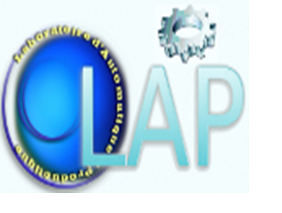Citation:
Abstract:
The green conversion of proton exchange membrane fuel cells (PEMFCs) has received particular attention in both stationary and transportation applications. However, the poor durability of PEMFC represents a major problem that hampers its commercial application since dynamic operating conditions, including physical deterioration, have a serious impact on the cell performance. Under these circumstances, prognosis and health management (PHM) plays an important role in prolonging durability and preventing damage propagation via the accurate planning of a condition-based maintenance (CBM) schedule. In this specific topic, health deterioration modeling with deep learning (DL) is the widely studied representation learning tool due to its adaptation ability to rapid changes in data complexity and drift. In this context, the present paper proposes an investigation of further deeper representations by exposing DL models themselves to recurrent expansion with multiple repeats. Such a recurrent expansion of DL (REDL) allows new, more meaningful representations to be explored by repeatedly using generated feature maps and responses to create new robust models. The proposed REDL, which is designed to be an adaptive learning algorithm, is tested on a PEMFC deterioration dataset and compared to its deep learning baseline version under time series analysis. Using multiple numeric and visual metrics, the results support the REDL learning scheme by showing promising performances.
